Isaiah 29
Read Isaiah 29
Helpful Background Information:
The prophet Isaiah ministered in and around Jerusalem in the southern Kingdom of Judah from about 739 - 686 B.C. Isaiah performed his ministry during the reigns of four kings: Uzziah, Jotham, Ahaz, and Hezekiah. When called by God to be a prophet (as seen in Isaiah 6), he was told his ministry would be one of fruitless warnings and calls of repentance. The Book of Isaiah, however, was of chief theological significance to the authors of the New Testament, as it is the second most quoted Old Testament book in the New Testament (the first being the Psalms) due to the many prophecies of the Messiah, who would later be revealed to be Jesus Christ.
Our passage for today, Isaiah 29, belongs in a series of judgment warnings against Judah’s rulers, which make up chapters 28-31. These rulers, claiming to be wise, are in reality nothing more than scoffers who rejected Isaiah’s message (28:14), rejected the Lord’s instruction (30:9-11), and rely on their own deceptive strategies (28:15). Not only this, but these rulers were also responsible for the spiritual health of their people. In Isaiah 29 specifically, we see these wicked rulers engage in and lead the people in empty religious duties unto God, as their hearts are set on wicked sin and hypocrisy. In Isaiah 29:13, the Lord himself points out the hypocrisy and uselessness of this empty religious ritualism, dismissing it as human tradition. The rulers’ sin and deception would eventually result in God’s judgment of Judah through the destruction of Jerusalem and exile.
It is Isaiah 29:13 that we see the Lord Jesus quote in Mark 7:6-7 in his critique of the Pharisees. The Pharisees were so hard-pressed to obey the Old Testament law, mistakenly thinking that by obeying it they would earn favor with God, that they created their own extra laws and traditions to protect themselves from breaking God’s law. This tradition, however, did not complement and uphold God’s commandments but actually rejected God’s commands in the first place. Hence, the prophecy of Isaiah fits perfectly. The Pharisees were engaged in the same empty rituals with their hearts far from God and trying to exalt themselves, making human tradition equal with God’s word, and therefore worshipping God in vain.
Reflection Questions:
Are there any traditions, habits, or man-made “rules” in your spiritual life that you’ve come to treat as equal with God’s Word? How might these be distracting you from genuine, heartfelt worship and obedience?
In Isaiah 29:13, God criticizes worship that is merely external. In what ways might you be going through the motions of worship, prayer, or Bible reading without truly engaging your heart? A good thing to do here would be to pray over Deuteronomy 6:5 and the greatest commandment - “Love the LORD your God with all your heart, with all your soul, and with all your strength.” Ask the Lord to give you the grace to do this!
What does this passage teach us about Jesus’ view of Scripture? How should human tradition and God’s Word interact with each other?
